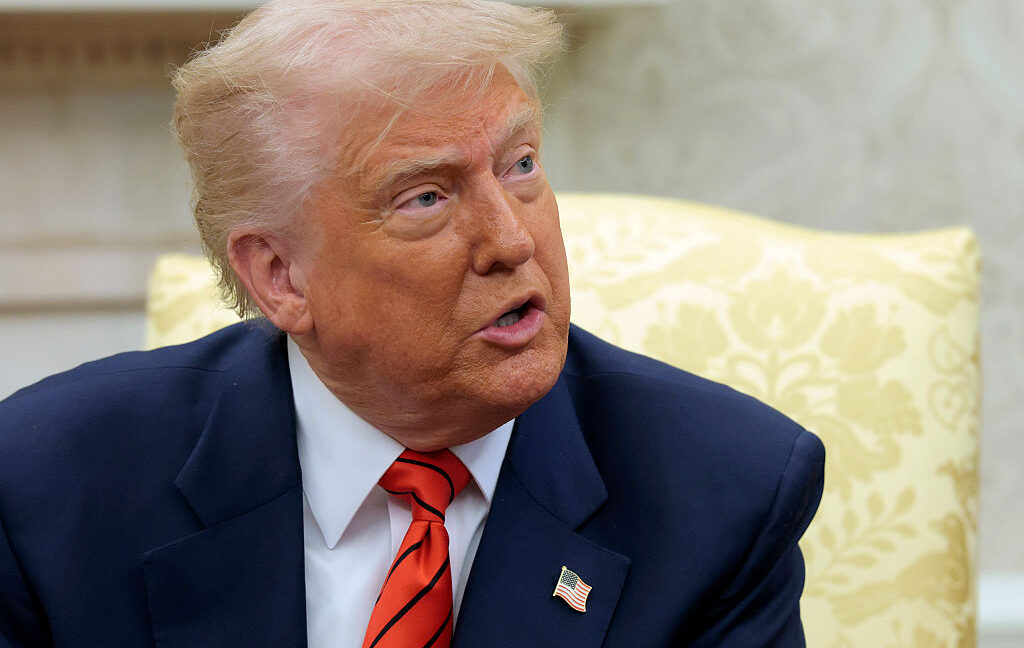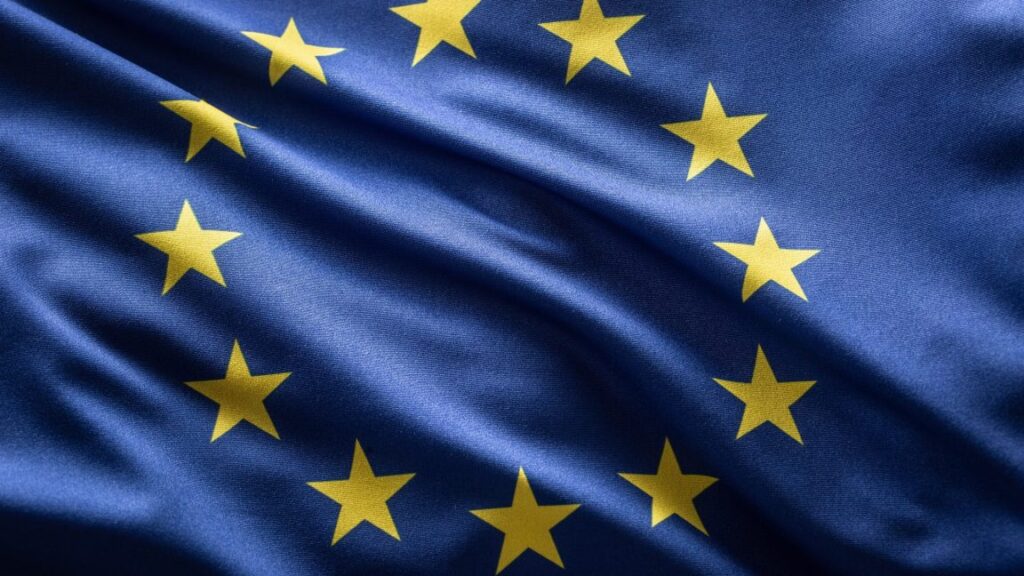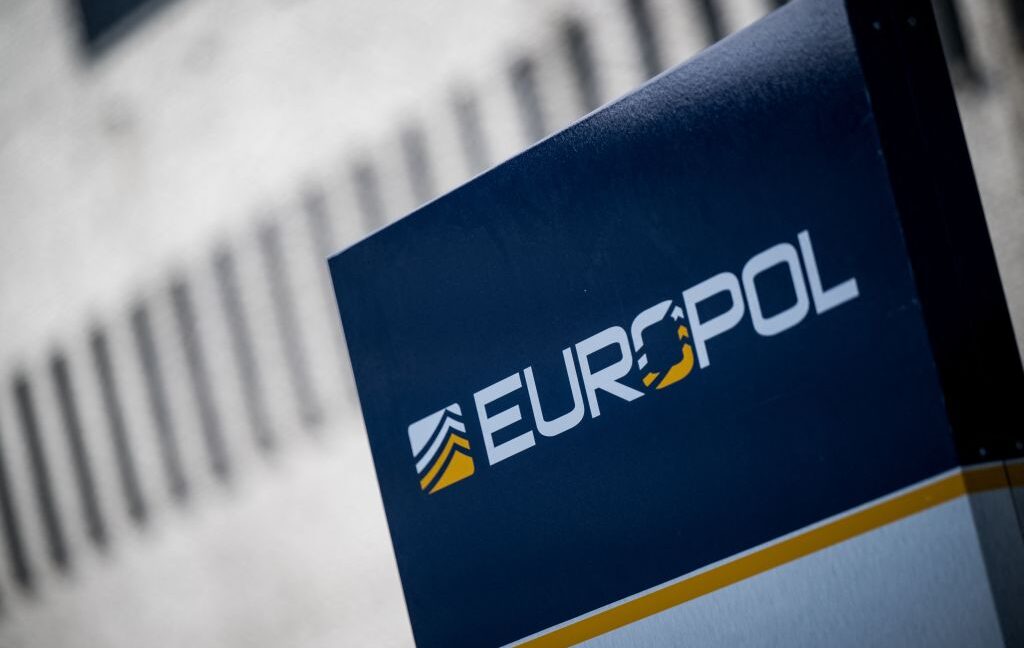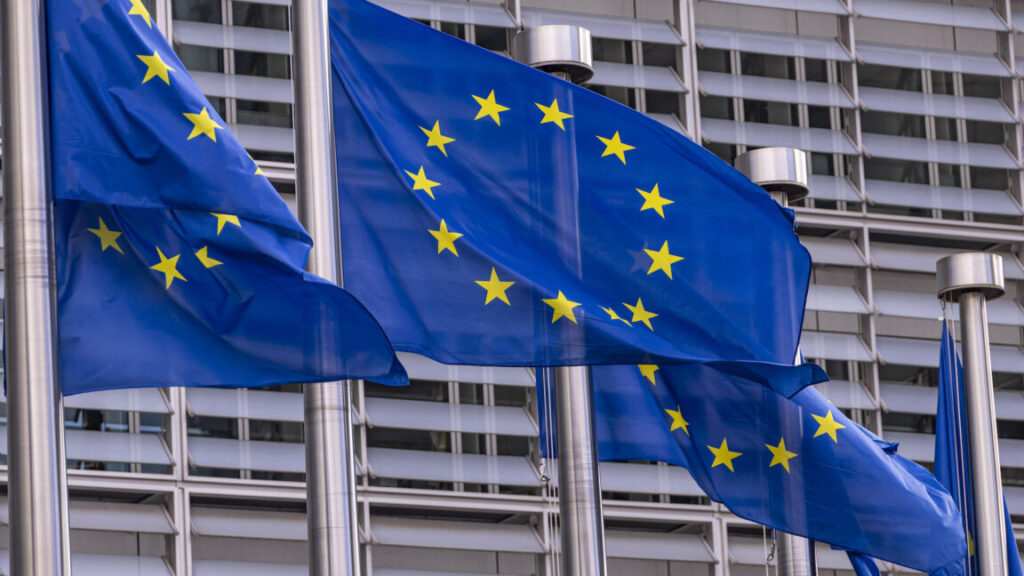How Europe’s new carbon tax on imported goods will change global trade
In many countries, CBAM is also accelerating interest in renewable energy and greener industrial processes. Some see it not as a threat, but an opportunity to attract investment and position themselves as low-carbon manufacturing hubs.
However, this mechanism is still controversial. For businesses, CBAM is complex and administratively heavy. Firms need robust systems to measure embedded emissions, collect data from suppliers, and produce environmental product declarations. Many will also need new renewable energy contracts to cut their carbon footprint.
Around the world, CBAM has faced strong criticism. India and China describe it as “green protectionism,” arguing that it puts unfair pressure on developing economies. At the same time, the EU has not yet created dedicated funding to help exporters in lower-income countries adapt. Without this support, the mechanism may not achieve the desired results.
What about consumers?
Although CBAM is mainly aimed at industry, its ripple effects will reach consumers in the EU. Importers are unlikely to absorb the full additional cost, meaning prices are likely to rise—particularly for goods that rely heavily on steel, aluminium, or cement. This could mean Europe sees higher costs for cars, home appliances, electronics, building materials, and, indirectly, food production (through fertilizers).
At the same time, CBAM may bring more transparency. Because importers must report the emissions embedded in their goods, consumers may eventually have clearer information about the climate impact of what they buy.
The mechanism will also generate EU revenues from certificate sales. These are expected to support vulnerable households in many European countries, as well as funding clean technologies and improving energy efficiency. How the funds are used will be crucial to public acceptance of Europe’s new carbon tax.
Even before full implementation, CBAM is already reshaping supply chains and influencing government policies far beyond Europe’s borders. It may trigger trade disputes, push exporters to adopt carbon pricing, and highlight the need for more climate finance to support developing countries undergoing green industrial transitions.
For many European consumers, it’s likely to mean gradual price increases—and potentially, more climate-conscious purchasing decisions. Behind the scenes, it marks a significant shift in how global trade accounts for carbon—and how climate policy reaches into people’s everyday lives.
Simona Sagone, PhD Candidate, Green Finance, Lund University; University of Palermo. This article is republished from The Conversation under a Creative Commons license. Read the original article.
How Europe’s new carbon tax on imported goods will change global trade Read More »












